What it’s like to have the police turn up in the midst of your mental health crisis.
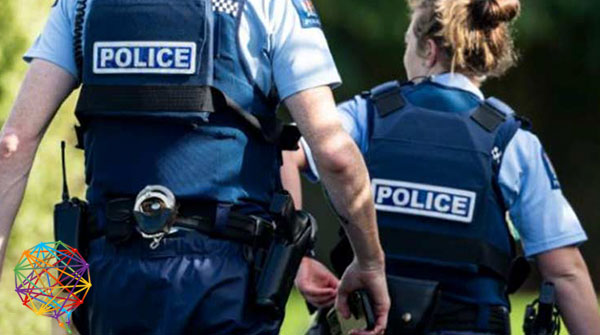
Stephanie Ockhuysen, Stuff.co.nz
In her hour of need, when she needed help the most, Janine Mullin was put in a police cell. Twice.
The New Plymouth woman had called a support line looking for help and when the person on the other end of the phone became concerned for her safety, they called the police.
“The police came to my house, burst in, took me to the police station and yelled at me, telling me I was wasting their time, which was hard to hear when you’re already feeling stupid and scared and all that.
“They took all my stuff off me and put me in a police cell.”

Mullin, who has suffered from severe anxiety much of her life, had to wait in the cell until a member of the mental health crisis team could come, which took hours.
Rather than feeling supported and cared for the 30-year-old says she felt like a criminal.
“That’s the part of it that’s so wrong, getting all your stuff taken off you and getting checked into their system just as if you’d been arrested and then locked in a cell with all kinds of scary things going on in the other cells too.”
The second time Mullin ended up in a cell was when police responded to a 111 call from a concerned friend of hers.
Both police and ambulance showed up and she ended up in the back of a police car again.
“The ambulance actually said to me come with us because it will be much nicer.”
But because she refused she was taken with police and put in the cell again until her parents came and got her.
Mullin doesn’t think officers should be dealing with mental health.
“It’s not fair on them either.”
Police manager mental health and community services Inspector Rob Sum cannot comment on Mullin’s case but says putting someone undergoing a mental health crisis in a cell is a last resort.
“But it is a reality that at times this may be the only option to ensure a person’s safety, and the safety of those around them.
“Where there are concerns for someone’s safety and wellbeing, police will act to prevent harm. On some occasions this may require taking someone into custody while the appropriate support is arranged.”
With a mental health system struggling to keep up with demand police officers are becoming crisis responders.
Last financial year 685 people took their own lives but figures from New Zealand Police’s 2018/19 Annual Report show officers were called out 24,662 times to people attempting or threatening to take their lives – an average of 67 a day and a 10 per cent increase from the previous year.
As part of wider reporting on this issue, police say they have a duty of care to keep people safe.
Frontline staff undergo mental health training as recruits, and police have refresher e-learning modules available for all staff. Staff also undergo a two-yearly refresher custodial training which has specific focus on vulnerable people and suicide prevention, Sum says.
“Additionally, our Police Negotiation Team officers have specialist training around people who are experiencing a crisis, as well as suicide intervention.”
But Mullin’s story is not an isolated one. As a teenager Jazz Thornton attempted suicide 14 times and had many interactions with police.
The majority of the time she was put in handcuffs, dragged over fences, and taken to hospitals with officers not wanting anything to do with her.
“I have seen that change a lot over the years though.”
Thornton says there is a split between officers who think it is just attention seeking and those who are caring and concerned.
If it wasn’t for one particular officer on her last suicide attempt the Auckland woman may not be here today.
Constable Meika Campbell found her, saved her and just sat with her hugging her and crying.

She stayed with Thornton at the hospital long after her shift had ended, put her number in her phone, and told her to contact her whenever she needed.
“She said ‘we need to make sure you’re still alive and when you make it to your 21st birthday I’m going to come and celebrate the fact that you’re still here and fighting’. And she turned up at my house on my 21st birthday.”
In her work with organisation Voices of Hope, which she co-founded, the now 24-year-old is on the phone every three or four days with police and others trying to take their own life.
“It’s a very, very consistent thing and I think suicide attempts at the moment are peaking.
“It’s absolutely ridiculous that the Government cut the pilot program for mental health first responders because police don’t have a lot of training and it is taking officers off the street every single night.”
Taranaki’s Emma Woodd is another who has had both positive and negative experiences with police responding to her mental health struggles.
The first time, the officers were the epitome of kindness and compassion. Woodd still has the female officer’s number in her phone after she came back the next day to check up on her and offer extra support.
The second time, the officers that turned up were not as helpful, had the crew of television show Police Ten 7 in tow, and Woodd says she was also made to feel like a criminal.
She still remembers the face of one officer who turned up.
“I could kick him,” the 24-year-old says through tears.
He told her that her parents didn’t want her there and to pack her bags and leave but upon confronting her parents, they said that wasn’t the case.
“I came in and asked ‘do you guys not want me here?’ and my dad said ‘what do you mean? Of course I want you here I just want my daughter to be all good.
“It felt corrupt because my parents didn’t want me to leave, my dad was calling them for support which he had been told to do by his counsellor.”
But despite Woodd and her parents both wanting her to stay, the officer made her pack up her belongings and leave, banning her from the premises for 24 hours.
Woodd explained her struggles with mental health, the fact she has an eating disorder, medication to regularly take, and her dog Bill being at the house, but it didn’t change the officer’s mind.
“He looked like he’d just graduated and was screaming at me and I was like ‘stop it, I’m not okay’.”
Woodd’s struggle with mental health started two years ago when a dentist appointment to remove a tooth led to her jaw getting cracked. Not long after she was sexually assaulted by a close friend.
The injury left her unable to work with permanent chronic face pain, central sensation across her face, nerve damage and an eating disorder from not being able to eat properly due to the pain.
This, paired with the trauma from the assault, saw her mental health dive and try to take her own life.
Woodd has a counsellor, a mental health nurse, and an eating disorder nurse but these aren’t available in the wee hours.
Having been on the receiving end of police care, Woodd says it’s hard to know what the answer to New Zealand’s mental health crisis is because on other occasions when she has used the support channels in place, it hasn’t gone well.
“I’ve rung helplines when I’ve wanted to hurt myself because they say that’s what you do and I had someone tell me ‘I don’t know what to say, I’ve never heard your story before and I’m sorry’.
“Not having the system care about you is s..t.”



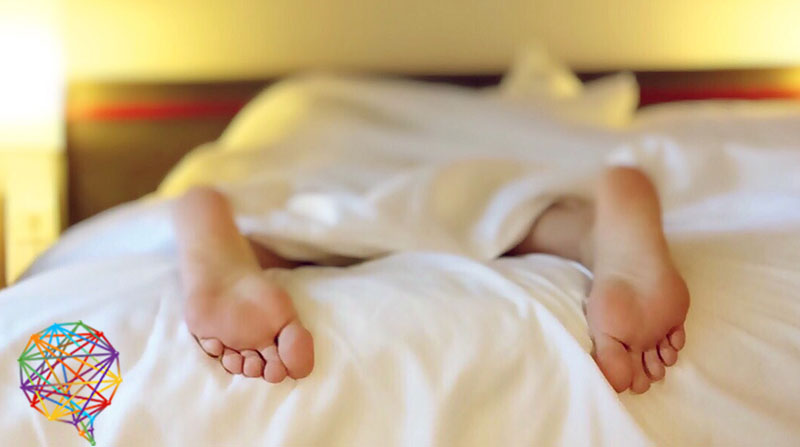
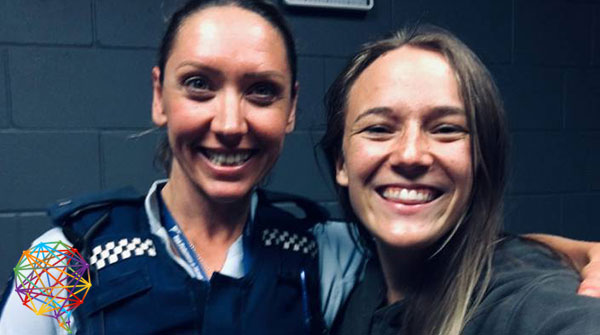
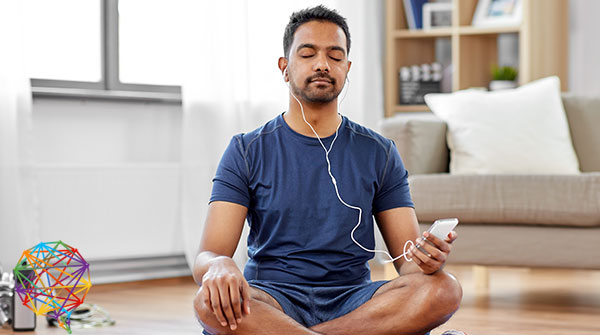
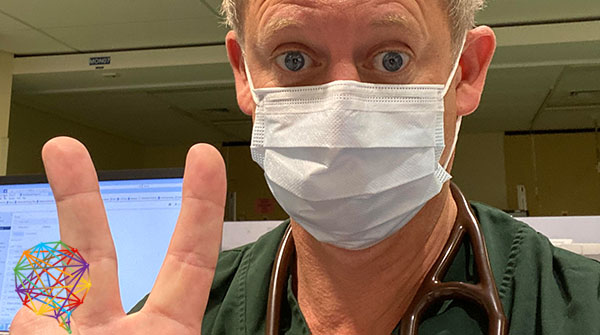
Responses